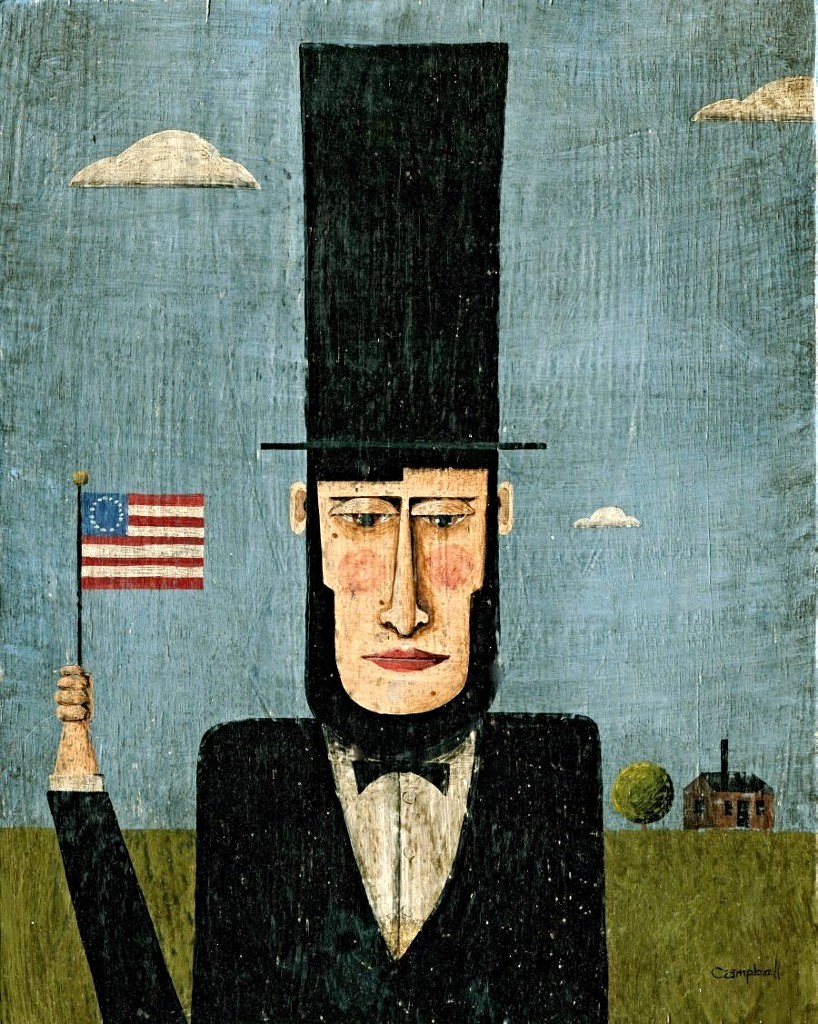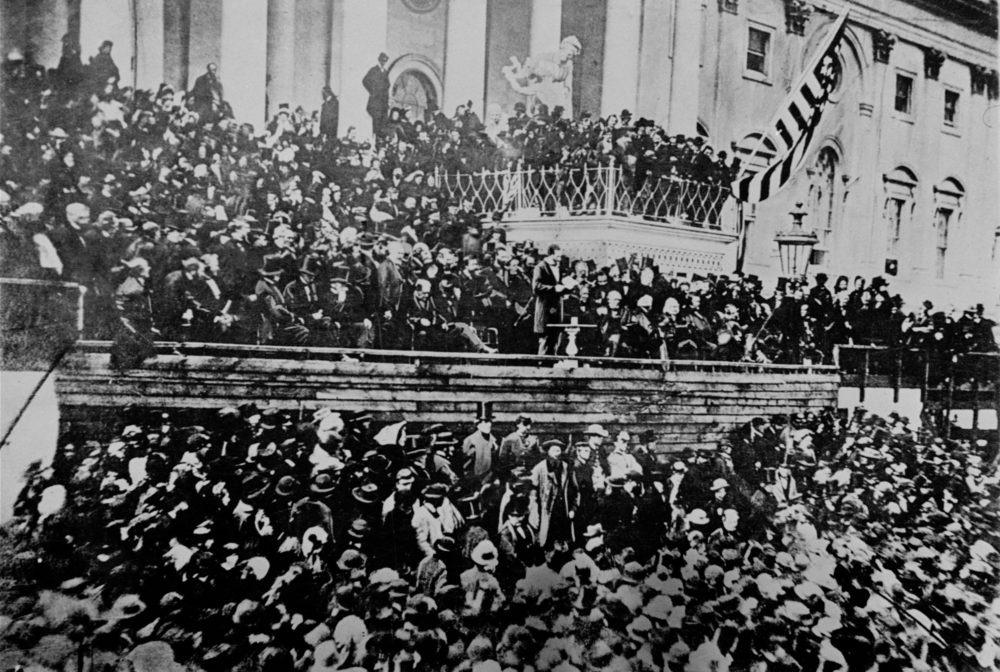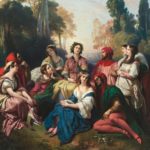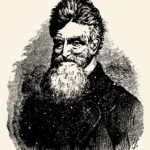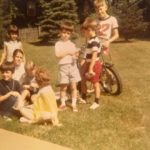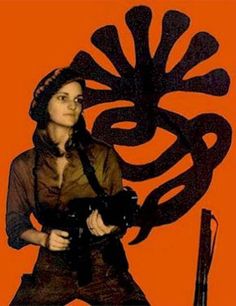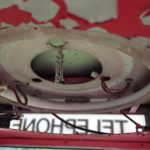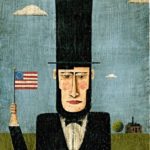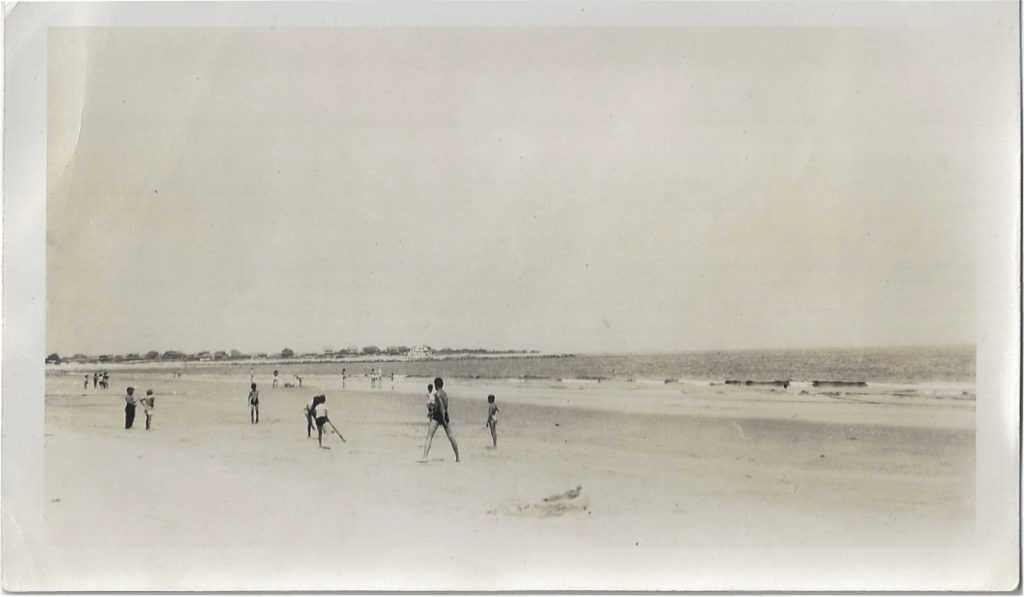

The Centaur’s skin, all moon-grained in an idle mirror,
reminds him of an ailing heart,
drawn out in sundry mortal quests.
Who, at this age, would not look past him
as a beast, rough handled in the summing of his tales?
Once a brute of intellect, sheer force of intellectual will,
he drank Madeira till the moon expired.
The beasts, the brutes, would come and go,
envious juries, their pleasures derived from their smallness,
while he, in moods of languor,
marked his province in broadest gestures.
At this hour, the railroad tracks pattern
the iron ground in frozen tracery;
the quaint smoke rises, sinks.
His rages, mellowed by years, come unpredictably now;
he’s last to adjudge the solitary afternoons a virtue,
and paws the earth till it concedes
its clods the stiffened peels of roots.
The veterans homes, where his comrades wheel,
goad him toward another momentary rage; sooner
blow your head off than entertain compassion
in the guise of these mercenary helpmeets.
The table-talk of ogres,
eating side by side in certain watchful pride,
tends toward the banal,
as Proust and Joyce in the half-lit cafeteria
talked of failing eyes, neurasthenia;
roughly they eat wild mushrooms,
mouths crammed full with morels, truffles, bitter puffballs,
epicures lost in reverie,
nostalgiasts for the earth’s remonstrating gyre.
Somehow I’ve always managed to live near trains,
the lulling senescence of the midnight whistles,
the undertow of diesel thrumming.
I’ve managed shrugging off the stillness that
infects the night like poison dew,
and leaves you wanting for the miracle of going places.
It came to me, upon a revelation, that
heavens are wanting too,
implausible in their effort of embrace and forgiveness.
Though eschatologies suggest
a logical reproach,
still I go daydreaming in my cups,
seeking out the morning paper in bathrobe and slippers
before the second cup of coffee takes its whiskey,
and the day begins to fall,
a repository for our flaming dreams.
Baudelaire said
you must live in drunken rapture
to escape martyrdom to time,
but sometimes I find I can live high enough on the hog
on suggestion alone, taking sober idea from the stillness
of those nights when the trains run vivid
in the garden, and the aroused beasts
in their auroras
prance madly to the music in their heads.
The Centaur sleeps past noon these days,
turns the tv volume up. He frets at the way his teeth
(half no longer his) don’t fit the mouth he remembered.
Worse, his amateur canvases
turn out like sloppy imitations of greater masters.
Intellectual battles, academic fornications,
the jeweled spices of between a woman’s legs,
skulls smashed like crockery in fields of valor,
are as hands as numb as stones against the pressing days.
Last night the good Madeira was brought out,
cigarettes were abandoned in modernist ashtrays,
and Theseus, moving to gin, reenacted
how he had slayed the Minotaur.
Persephone, standing by, had heard it a million times.
I listened for the train’s compensatory verse,
knowing as it did that all motion has
nothing or infinity as its endpoint,
and stumbled toward the Centaur, who,
all hoof and brawn, his murmured eloquence summoned
like a vestige of a civilized world,
waved the last guests out the door,
the grandest king of grandest days.





